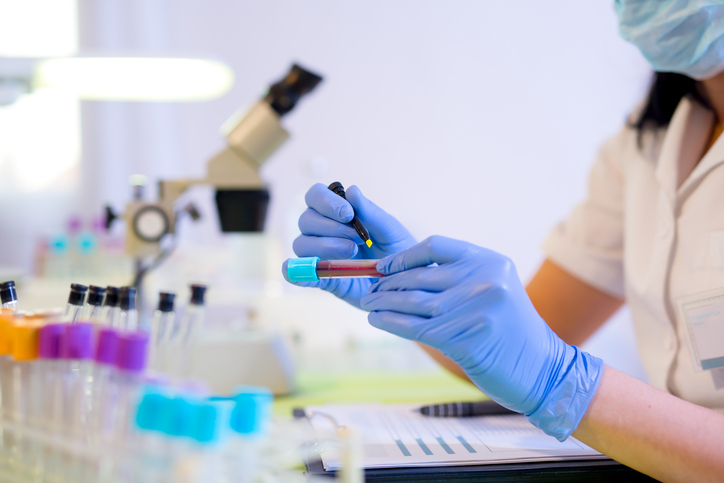The Chief Coroner yesterday issued new guidance on the possible exposure to COVID-19 in the workplace.
It states that a COVID-19 death may be reported to the coroner if the virus may have been contracted in the workplace, and this includes frontline NHS and care staff and public transport workers. However, if a proper investigation requires evidence regarding policy and resourcing, such as the adequacy of PPE, then the coroner may suspend the investigation into it until it becomes clear how “such enquiries can be best pursued”.
Since the outbreak, it is believed that over 100 NHS workers and over 25 transport workers have tragically lost their lives to the virus. The number of care workers is currently not clear. However, how many have been referred to a coroner to investigate the circumstances of their death?
A senior coroner is required to conduct an investigation into a death if there is reason to suspect that the deceased died of a violent or unnatural death. As confirmed in the Chief Coroner’s guidance, an unnatural death can include a death from disease but where human error contributed to the death. It would be wrong for the death of frontline workers to be treated as a natural casualty of this pandemic. There is good reason to believe that these deaths could have been prevented by proper protections being put in place, including the adequate supply of PPE and virus testing.
Furthermore under Article 2 of the European Convention on Human Rights, the state is under a legal duty to ensure that there are appropriate systems and regulatory frameworks in place to protect individuals from risk to their lives. From the information we have at the moment, the government may well have breached this duty.
Countless doctors and nurses have been calling out for more provision of PPE to protect them at work, including those who have since sadly lost their lives. The Guardian has exposed three missed opportunities by the government to be part of an EU scheme to bulk-buy masks, gowns and gloves and had been absent from key talks about future purchases. A BBC Panorama investigation revealed that the government had failed to buy enough masks, gowns, visors and swab tests and ignored a warning from their advisers in June 2019 that they would need more.
Given the concerns that have been raised to date, all frontline staff deaths should be referred to a senior coroner. The coroner can then decide to adjourn the inquest pending a proper consideration of how to satisfy the state’s investigative duty under Article 2 and a decision on whether there will be a public inquiry into the government’s planning and response to the pandemic. This would be in line with the new guidance produced by the Chief Coroner. However, if these deaths are not being referred or bereaved families are not being given adequate opportunities to raise concerns with the coroner about how their loved one contracted the virus, there is a real risk that bereaved families will not obtain the answers that they deserve.
Under the Inquiries Act 2005, systemic breaches of Article 2 can be investigated by way of a public inquiry, and this may well be the most appropriate forum for such a high profile national debate on the systems put in place by the government.
In the case of the Grenfell Tower disaster, the then Prime Minister Theresa May ordered a public inquiry the following day of the fire. The deaths of the 72 who lost their lives were still referred to the coroner, who adjourned them to allow for the inquiry to begin its investigations, which will include the circumstances in which they died.
The same system is required for frontline workers. There is a legal duty to do so but also a moral duty to treat those who lost their lives with the respect and dignity they deserve.
For more information contact Emily-Jade Defriend.
